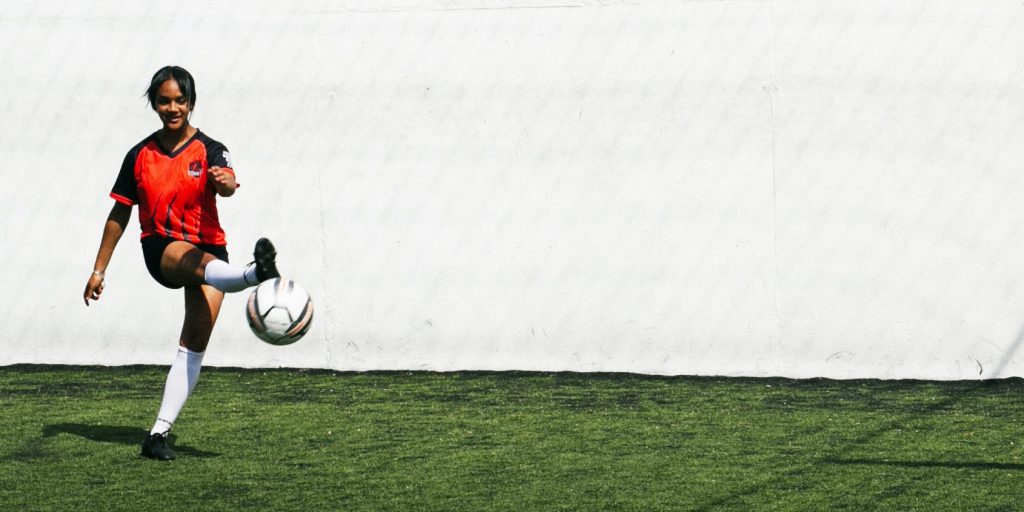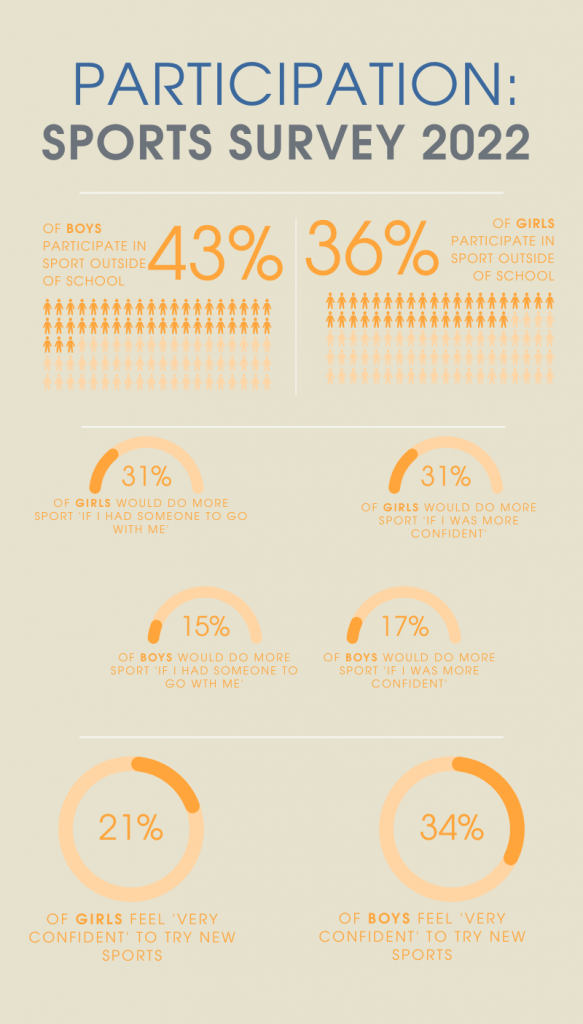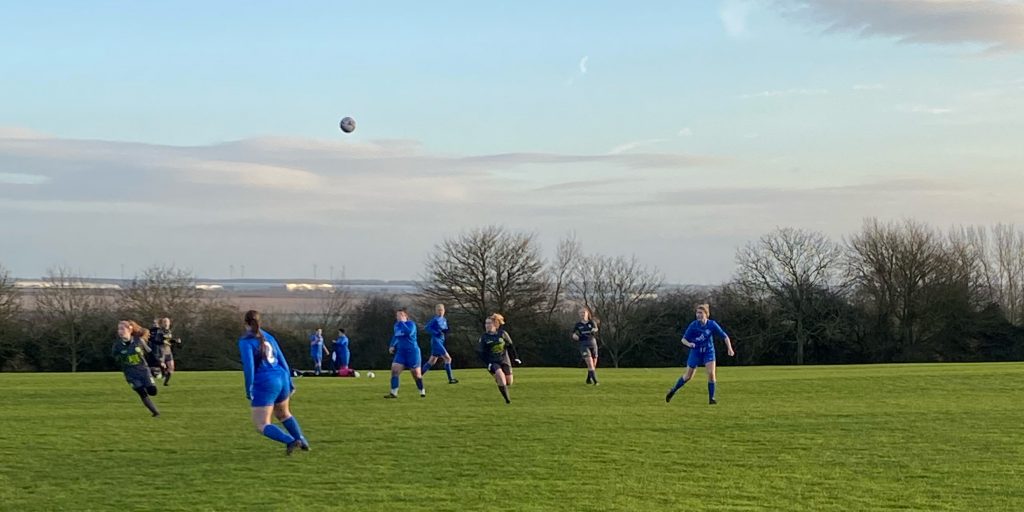Growing in popularity, women’s football is thriving more than ever. But it is struggling with one thing – participation from young girls

The men’s Wales team made it to the FIFA World Cup in November for the first time in 64 years. Igniting pride all over this small country, excitement which will continue to inspire millions.
While this success is from the men’s team, Wales could see the excitement pour into young fans – especially girls. However, the lack of access and participation of schoolgirls in sport could influence the success of Welsh women’s football.
If Wales can do more to encourage girls to play football, will we ever see Welsh women lifting the World Cup?
Back in time: The foundations of women’s football
From 1915, women’s teams were supported by the Football Association (FA) to stage matches for spectators, to raise money for the war effort. By 1921, every major city had a Ladies team which led to a movement to establish women’s football more formally.
Unfortunately, the lack of space, facilities, and stadiums made the sport unsustainable in the 20s and was banned by 1921. It was lifted in 1971. The access to funding and facilities differences between the men’s and women’s game still stands, even for those in primary school. These inequalities inhibit participation from young girls in schools, as researched by Sport Wales School Survey 2022.
Only 36% of girls participate in sports outside of school, in comparison to 43% of boys.
I’m confident that Grainger will get us to the Euros, then it’s a case of building on that for the next World Cup

The famous three: Making an impact
Back in October, Wales reached the play-off final of a major tournament for the first time – the Women’s FIFA World Cup 2023. Although their dreams were shattered after losing against Switzerland, the steps of three former footballers in the 90s bore fruit as the women pursued a national team.
In 1992, Laura McAllister, Karen Jones, and Michele Adams convinced The Football Association Wales (FAW) to run and fund their national team. Inspiring thousands, three decades later the team is reaching the furthest they ever have before.
McAllister was the former captain of the Wales women’s national football team. Position: Sweeper. “Women and girls’ football has grown enormously over the past five years particularly,” she says.
She says, “Girls are not introduced into football in the way that boys are more naturally.” This is highlighted in the Sport Wales survey, where 31% of girls would do more sport “If I was more confident” or “If I had someone to go with me.”
McAllister argued that there needs to be more structural investment for girls because they are different to boys, due to a lack of professional opportunity for girls. While there is good progress, she warned there is more work ahead.
When asked if she could see Wales lifting the World Cup, she says, “I’m really confident that Gemma Grainger will get us to the Euros, and then it’s a case of building on that for the next World Cup.” She clarified this was due to the work still left to be done to improve the governance of the game and allow women’s voices to be heard.
Watch this video explaining the article:
From the school field to the World Cup stadium

Local 23-year-old Welsh football player, Abi Shocklidge says, “I think there is a lack of funding for women’s football in general and I definitely think women’s football in Wales suffers from the same funding issues.”
When asked if she could see Wales lifting the World Cup, she says, “I can’t see them ever winning it if I’m honest, not in the near future anyway.”
Shocklidge believes, “The sport is on the rise, with the Lionesses winning the Euros last year it could definitely have a knock-on impact on the Welsh game too.”
Sport Wales is a national organisation responsible for developing and promoting sport and physical activity in Wales. This is through funding various projects.
Robert Phillips from Sport Wales outlines the main way in which they illustrate their desire to encourage girls to play more sports. He says it is “through the funding that we provide to national governing bodies as well as grants.”
They fund various clubs and recruit volunteers, as well fund young ambassadors in schools to create and deliver opportunities for pupils.
A scheme called Playmakers encourages five-to-eight-year-old girls to participate in football using Disney characters, programmed by UEFA and Disney. This allows young girls to interact with the sport, playing on their interest in popular Disney films.
Wales has recently joined this initiative, using it to “get new girls into the game and ensure their first experience in the game is a positive one filled with fun and smiles,” says FAW Head of Women and Girls Football, Lowri Roberts.

From a turnover of around £30m, the women’s national team receives 60% of the allotted funds (roughly £1.8m), while the remaining 40% is apportioned throughout grassroots and the domestic game (roughly £1.2m).
FAW chief executive Noel Mooney told Wales Online he is confident resources will continue pour in, potentially securing sponsors for the women’s game. He said, “they could be driving forces for the women’s game over the next decade that will take them to the next level”.
Girls football clubs in Cardiff:
The bottom line is that girls’ lack of access and participation in football stems from the lack of funding going into women’s football. The much-needed progress is only beginning. As highlighted by Shocklidge and McAllister, the sport is on the rise, but lack of funding is restricting development.
While FAW and Sport Wales are encouraging young girls to take part in sport, Welsh women and girls will only be lifting the World Cup once the funding and access is up to par. Before the next World Cup in 2027, the team can use the Euros as a realistic goal while more needs to be done tackling the game for girls at home.
